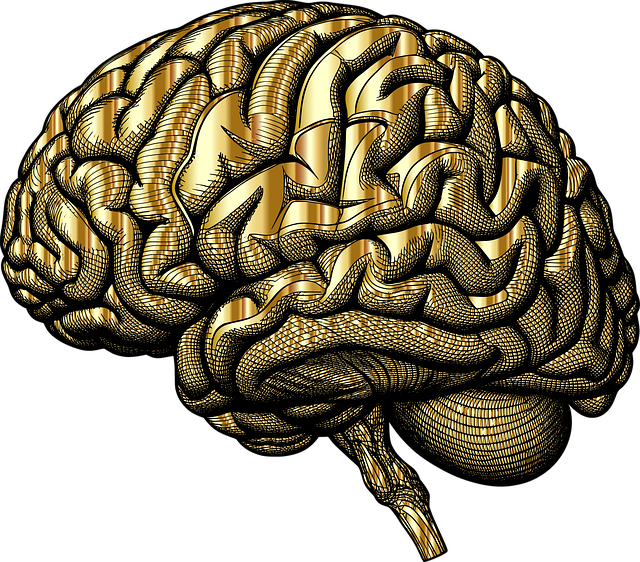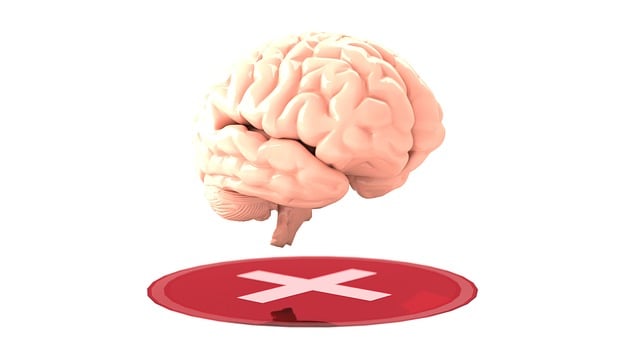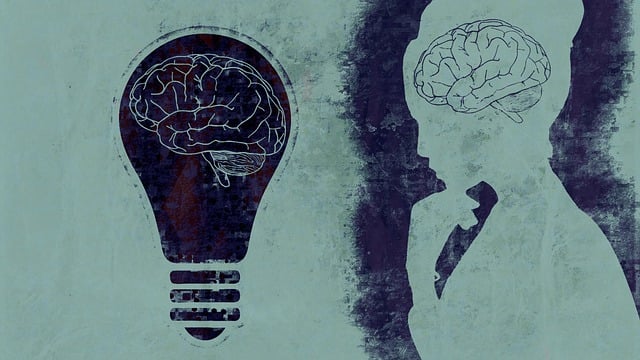Crisis Intervention Teams (CITs), trained by experts like Northglenn Anxiety Therapy, play a vital role in addressing severe emotional crises, especially those linked to anxiety disorders, trauma, or suicide. These teams use empathy-building and communication techniques to create safe, tailored support networks for individuals in crisis, promoting holistic mental health care. Effective CIT training, modeled after Northglenn's programs, focuses on empathy strategies, mental health education, and community outreach, enabling professionals to de-escalate situations and provide comprehensive support in real-world settings, ultimately aiming to reduce mental illness stigma and foster emotional regulation within communities.
In today’s complex social landscape, effective crisis intervention team (CIT) training is more crucial than ever. This comprehensive guide from Northglenn Anxiety Therapy explores the vital role of CITs in managing mental health crises. We delve into the key components of successful training programs, including evidence-based techniques and real-world application. By understanding the unique perspective of Northglenn Anxiety Therapy, professionals can enhance their skills and better support individuals in crisis.
- Understanding Crisis Intervention Teams: A Northglenn Anxiety Therapy Perspective
- Key Components of Effective Crisis Intervention Team Training Programs
- Implementing and Evaluating Crisis Intervention Team Skills in Real-World Settings
Understanding Crisis Intervention Teams: A Northglenn Anxiety Therapy Perspective

In the realm of mental health support, Crisis Intervention Teams (CITS) play a pivotal role in managing and mitigating severe emotional crises. Northglenn Anxiety Therapy, a renowned provider of anxiety-focused care, recognizes the importance of these teams in offering immediate assistance to individuals grappling with anxiety disorders, trauma, or suicidal ideation. CITs are specially trained groups of professionals who collaborate to provide rapid, effective interventions, ensuring that those in crisis receive the necessary support and guidance.
The Northglenn Anxiety Therapy perspective emphasizes the value of empathy-building strategies within these teams. By fostering an environment of compassion and understanding, team members can connect deeply with individuals in crisis, facilitating emotional healing processes. Communication strategies are also a core component, as effective dialogue helps de-escalate situations while offering valuable insights into the person’s experience. This holistic approach ensures that each member of the crisis intervention team contributes uniquely, creating a supportive network tailored to the individual’s needs.
Key Components of Effective Crisis Intervention Team Training Programs

Effective crisis intervention team training programs are meticulously designed to equip participants with a comprehensive set of skills and knowledge. These programs, akin to Northglenn Anxiety Therapy initiatives, prioritize the integration of various key components. Firstly, they focus on fostering empathy building strategies, allowing team members to understand and connect with individuals in crisis from diverse backgrounds and experiences. This is crucial for de-escalation and building rapport.
Secondly, mental health education programs design plays a pivotal role. Training should include in-depth knowledge of various mental health conditions, crisis interventions techniques, and risk assessment strategies. Additionally, community outreach program implementation is encouraged to ensure the team can effectively communicate and collaborate with local resources, enhancing their ability to provide holistic support.
Implementing and Evaluating Crisis Intervention Team Skills in Real-World Settings

Implementing crisis intervention team (CIT) skills in real-world settings is a pivotal step in ensuring their effectiveness. Northglenn Anxiety Therapy, for instance, has pioneered programs that put CIT training into practice, allowing professionals to navigate the complexities of mental illness and reduce the stigma associated with it. By simulating real-life crisis scenarios, these programs enable team members to apply emotional regulation techniques, enhancing their ability to de-escalate situations and provide timely support.
Evaluation is a critical component of this process. Mentally wellness coaching programs often incorporate feedback mechanisms to gauge the impact of CIT skills. This involves post-training assessments, case studies, and continuous quality improvement initiatives. The goal is to refine strategies based on practical application, ultimately contributing to Mental Illness Stigma Reduction Efforts and fostering a culture of Emotional Regulation within the community.
Crisis intervention team training programs, as exemplified by the practices at Northglenn Anxiety Therapy, are vital tools for equipping professionals with the skills to navigate and de-escalate crises effectively. By focusing on key components such as communication, assessment, and collaborative teamwork, these programs foster a supportive environment where individuals can develop the necessary tools to handle real-world situations. Implementing and evaluating these skills in practical settings ensures that crisis intervention teams are prepared to provide compassionate and efficient support, ultimately enhancing the overall well-being of those in need.











